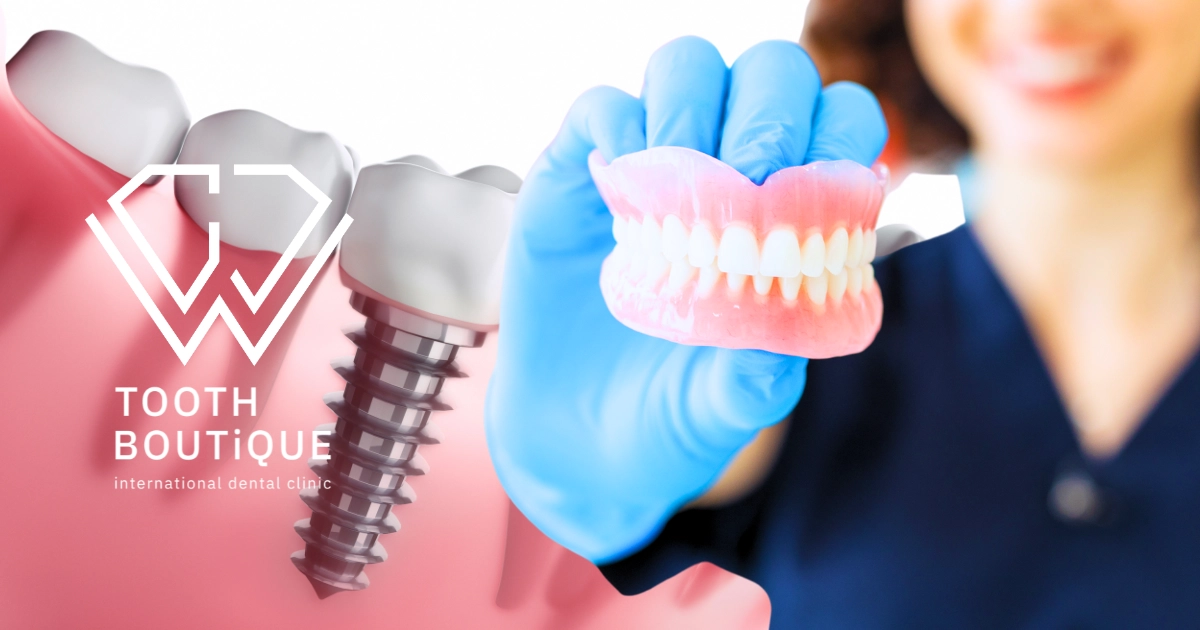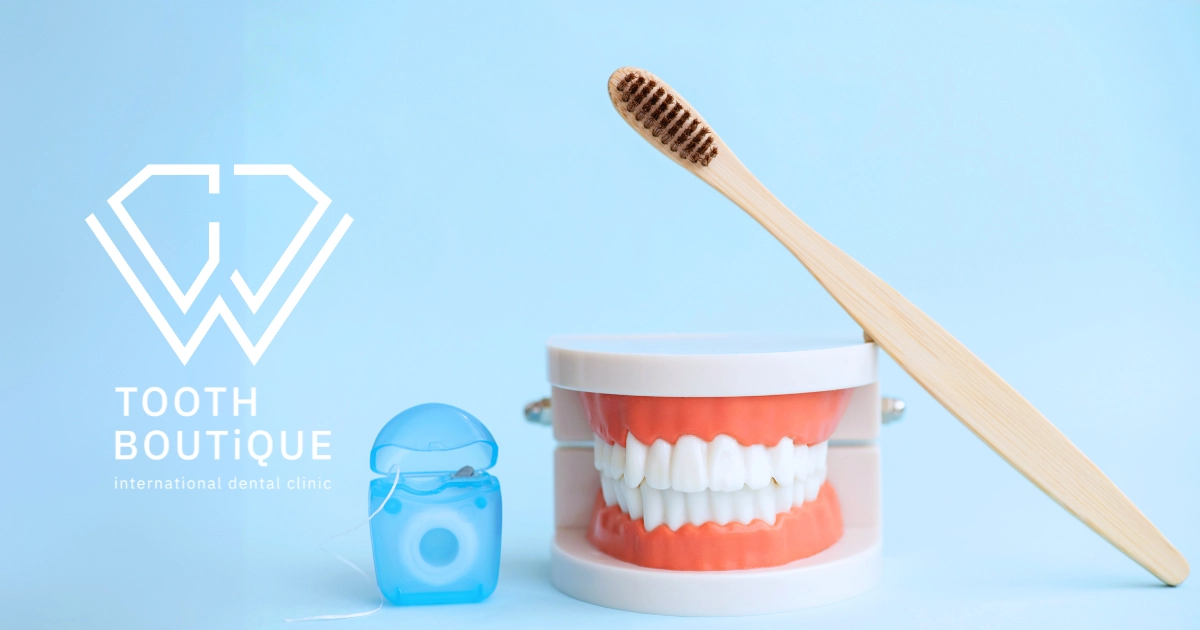Full Dentures: Advantages, Disadvantages, and Care Tips
Full dentures are an option for those who have lost all their teeth, helping them regain their smile. However, they come with both advantages and disadvantages that should be considered, along with proper care techniques.
ฟันปลอมFull Dentures: Advantages, Disadvantages, and Care Tips
Full dentures are an option for patients who have lost all their teeth. Whether they are acrylic dentures or flexible dentures, each type has its benefits and limitations that need to be considered. In this article, I will explain everything about full dentures, including their advantages, disadvantages, and proper care tips, to help you make an informed decision.
What Are Full Dentures?
Full dentures (Complete Dentures) are removable dental prosthetics designed to replace an entire set of missing teeth. They are typically made from acrylic or flexible materials and are custom-fitted to the patient’s gum ridges. Full dentures are commonly used for individuals who have lost all their teeth in either the upper jaw, lower jaw, or both.
Advantages of Full Dentures
Choosing full dentures comes with several benefits, such as:
- Affordable option – Compared to dental implants or bridges, full dentures are a more budget-friendly solution.
- Easy to install – Patients can receive their dentures within a short period without undergoing surgical procedures like dental implant placement.
- Improves appearance – Full dentures restore a natural-looking smile, enhance speech, and allow patients to chew food more effectively.
- Can be adjusted – If the dentures become loose or the gums change shape over time, they can be modified or replaced.
Disadvantages of Full Dentures
Despite the benefits, full dentures also have some drawbacks:
- Not as secure as natural teeth – Dentures may shift or become loose, especially when speaking or eating.
- Requires an adjustment period – Some patients experience discomfort, gum irritation, or difficulty speaking and eating at first.
- Limited lifespan – Over time, dentures may wear out or no longer fit properly due to changes in the jawbone structure.
- Needs proper maintenance – Dentures require regular cleaning and care to prevent bacterial buildup and maintain oral hygiene.
How to Care for Full Dentures
To extend the lifespan of your dentures and keep them in good condition, follow these care tips:
- Clean daily – Brush your dentures with a soft-bristled brush and denture cleaner. Avoid using regular toothpaste, as it can scratch the denture surface.
- Soak in water or denture solution – When not in use, keep your dentures in clean water or a denture-soaking solution to maintain their shape.
- Avoid biting hard foods – Dentures can break if used to chew very hard foods, such as ice or hard nuts.
- Visit your dentist regularly – Have your dentures and oral health checked at least every six months for necessary adjustments or replacements.
Who Are Full Dentures Suitable For?
Full dentures are ideal for patients who have lost all their teeth and do not wish to undergo dental implant surgery. They are also a good option for those with significant jawbone loss, which may make implants impractical. Additionally, full dentures provide an affordable way to restore a smile and chewing ability.
Conclusion
Full dentures offer a practical solution for patients looking to regain their smile and ability to eat. While they are cost-effective and convenient, they come with limitations such as stability and the need for special care. If you're unsure whether full dentures are the right choice for you, feel free to consult with me. I can help you determine the best option based on your oral health needs.
Knowledge
Author : Dr. Win Hiriotappa
Published : 18 February 2025 at 15:01
Updated : 5 April 2025 at 06:02





